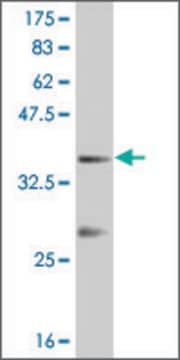05-1109
Anti-Pro-Insulin C-Peptide Antibody, clone C-PEP-01
clone C-PEP-01, from mouse
Sinônimo(s):
CD220 antigen, insulin receptor
About This Item
Produtos recomendados
fonte biológica
mouse
Nível de qualidade
forma do anticorpo
purified immunoglobulin
tipo de produto de anticorpo
primary antibodies
clone
C-PEP-01, monoclonal
reatividade de espécies
human
técnica(s)
immunohistochemistry: suitable (paraffin)
Isotipo
IgG1
nº de adesão UniProt
Condições de expedição
wet ice
modificação pós-traducional do alvo
unmodified
Informações sobre genes
human ... INS(3630)
Descrição geral
Especificidade
Imunogênio
Aplicação
Signaling
Insulin/Energy Signaling
Qualidade
Immunohistochemistry Analysis: A 1:100 dilution of this antibody detected insulin in human normal pancreas tissue.
Descrição-alvo
Ligação
forma física
Armazenamento e estabilidade
Nota de análise
Human normal pancreas tissue
Outras notas
Exoneração de responsabilidade
Not finding the right product?
Try our Ferramenta de seleção de produtos.
Código de classe de armazenamento
12 - Non Combustible Liquids
Classe de risco de água (WGK)
WGK 2
Ponto de fulgor (°F)
Not applicable
Ponto de fulgor (°C)
Not applicable
Certificados de análise (COA)
Busque Certificados de análise (COA) digitando o Número do Lote do produto. Os números de lote e remessa podem ser encontrados no rótulo de um produto após a palavra “Lot” ou “Batch”.
Já possui este produto?
Encontre a documentação dos produtos que você adquiriu recentemente na biblioteca de documentos.
Nossa equipe de cientistas tem experiência em todas as áreas de pesquisa, incluindo Life Sciences, ciência de materiais, síntese química, cromatografia, química analítica e muitas outras.
Entre em contato com a assistência técnica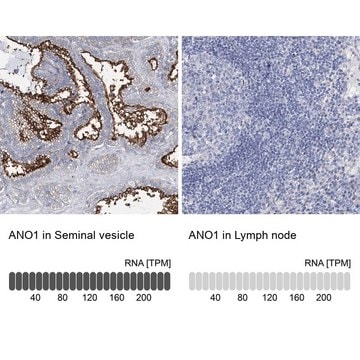

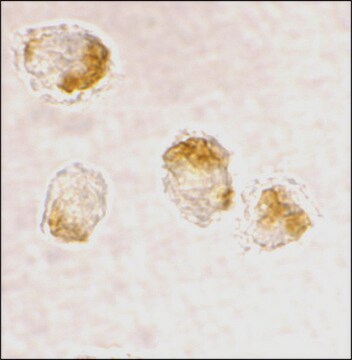
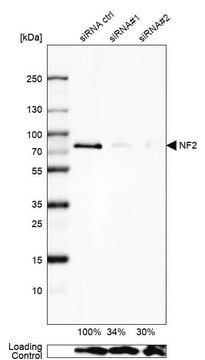

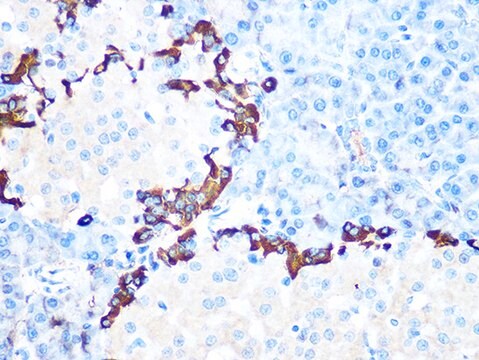
![Guanosine 5′-[β-thio]diphosphate trilithium salt ≥85% (HPLC), powder](/deepweb/assets/sigmaaldrich/product/structures/155/734/9bd8c8c5-4388-4f95-a924-4ff058fa4f41/640/9bd8c8c5-4388-4f95-a924-4ff058fa4f41.png)

